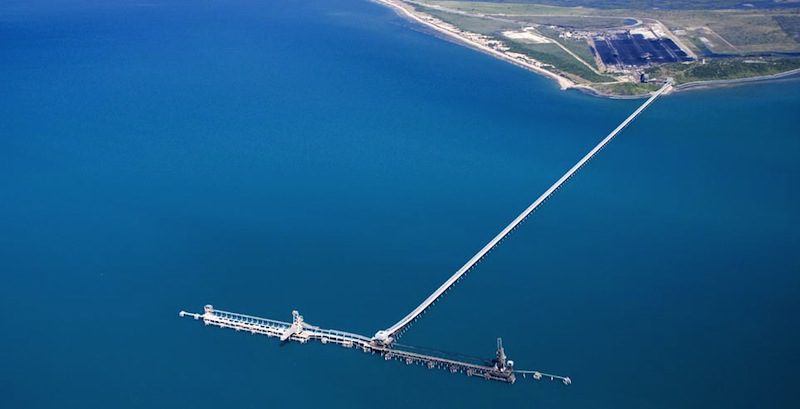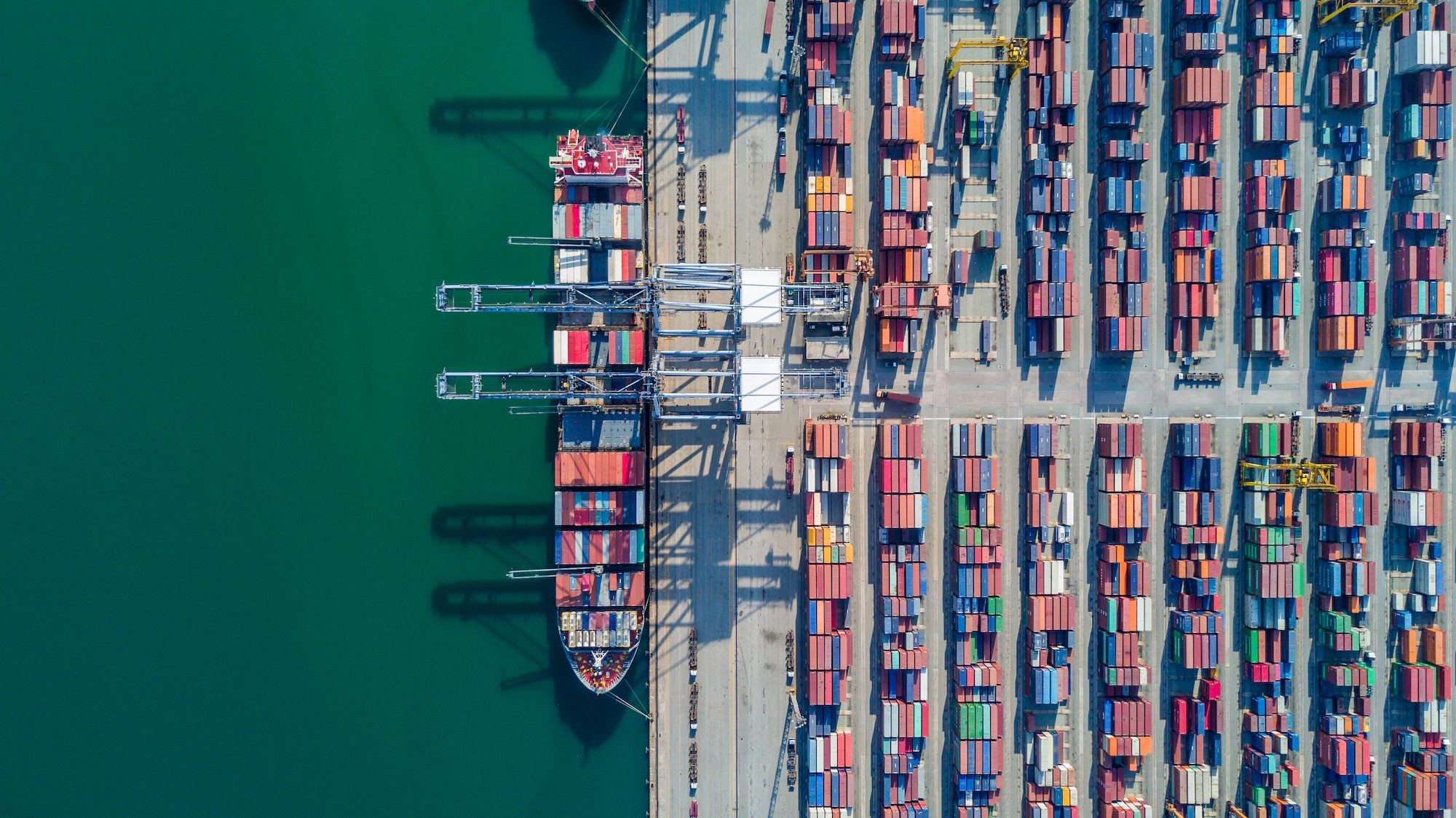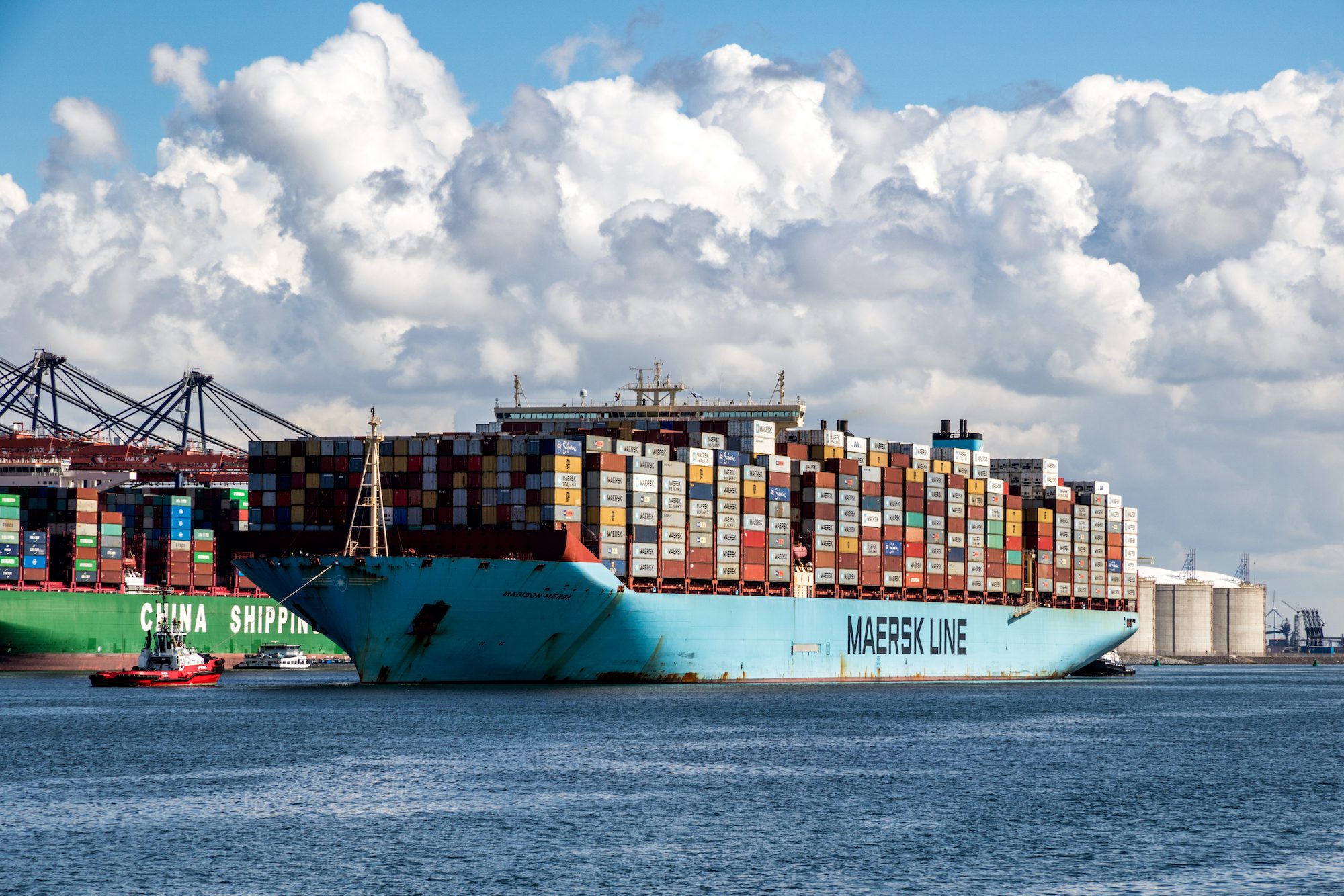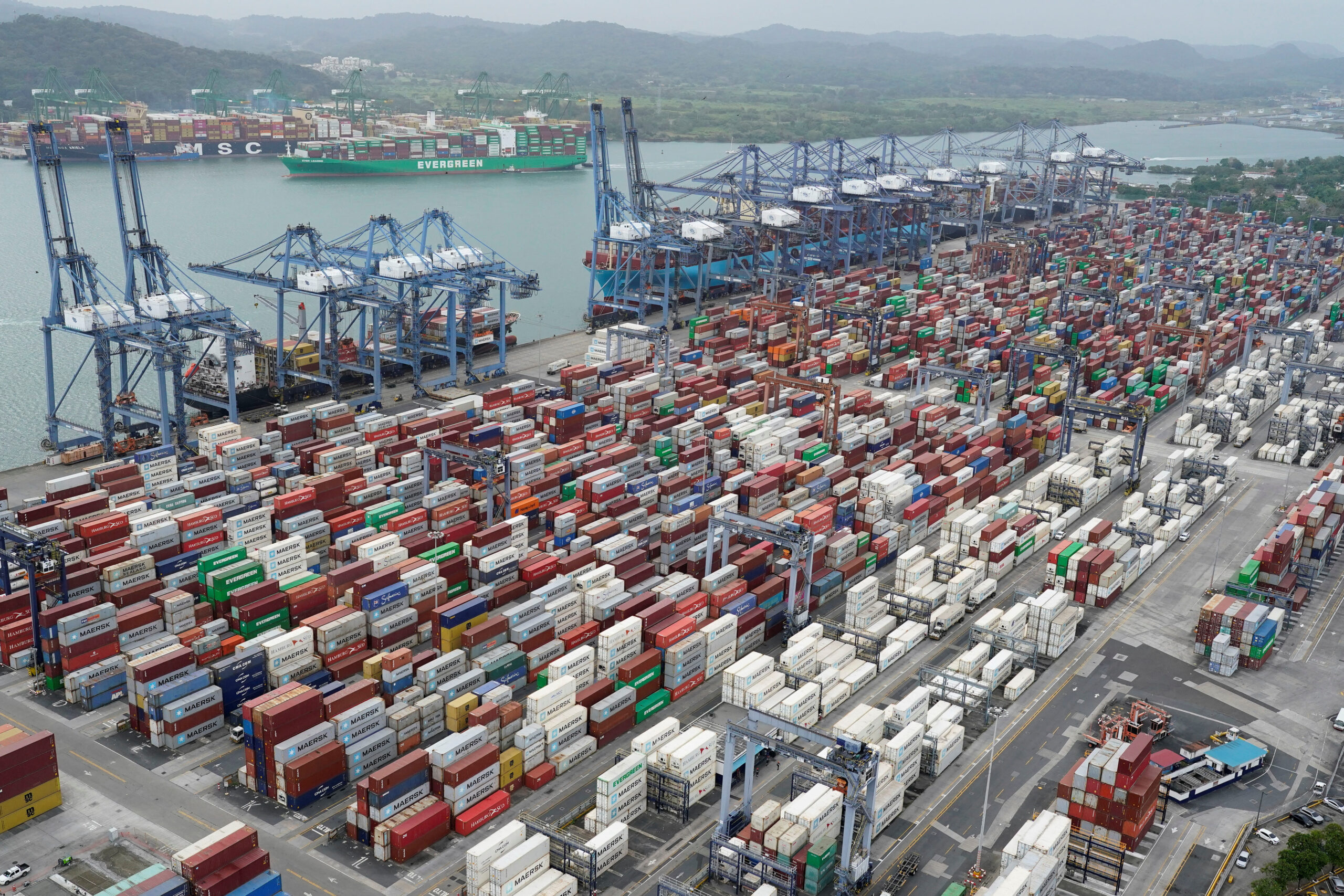Abbot Point Coal Terminal, Australia. Image (c) Aurecon
 MELBOURNE, March 3 (Reuters) – Australia approved coal port expansion plans that involve dredging and dumping millions of cubic meters of sand near the Great Barrier Reef despite earlier warnings from an independent agency that the work could damage the reef.
MELBOURNE, March 3 (Reuters) – Australia approved coal port expansion plans that involve dredging and dumping millions of cubic meters of sand near the Great Barrier Reef despite earlier warnings from an independent agency that the work could damage the reef.
The warnings emerged in documents obtained by environmental activist group Greenpeace, which is fighting plans by Indian companies Adani Enterprises and GVK and Australian billionaire Gina Rinehart to dig coal mines in the untapped Galilee Basin and turn Abbot Point on the northeast coast into the world’s largest coal port.
Australia’s conservative government approved plans to dredge 3 million cubic meters of sand for the port expansion last year. The Great Barrier Reef Marine Park Authority (GBRMPA), an independent agency charged with protecting the reef, in January granted a permit to dump the sand about 25 kilometers (15 miles) away from the protected zone.
That was after the park authority told the government in its recommendation in 2013 that the dredging proposal by port operator North Queensland Bulk Ports Corp would hurt the reef.
“The proposal to dredge and dispose of up to 1.6 million cubic meters of sediment per year … has the potential to cause long-term irreversible harm to areas of the Great Barrier Reef Marine Park,” the reef authority said in the executive summary of its 2013 recommendation on the port expansion.
The government and the agency defended their ultimate approvals, however, saying they limited the dredging to 1 million cubic meters a year over three years with strict conditions.
“The Government approved the project subject to some of the toughest conditions in Australian history, to deliver a net benefit to the environment,” Environment Minister Greg Hunt said in a statement emailed to Reuters.
Greenpeace wants Hunt to revoke the approvals.
“These new documents raise very serious concerns about the federal government’s stewardship of the reef,” said Greenpeace Australia Queensland campaigner Louise Matthiesson.
The reef authority said most of the documents released to Greenpeace under a Freedom of Information Act request were preliminary working drafts, and the concerns were incorporated into its recommendation to the government and the 47 conditions imposed in the dumping permit.
Those conditions include barring disposal of the dredged sand if prevailing waves, currents and wind would result in sediment drifting towards sensitive corals and seagrass beds or to a World War II plane wreck that is a popular tourist site.
“Without these robust conditions, GBRMPA is likely to have said ‘no’ to the permit application,” the reef authority said in a statement on its web site. (www.gbrmpa.gov.au)
Environmentalists have launched an appeal seeking to overturn the dumping permit. (Reporting by Sonali Paul; Editing by Tom Hogue)
© 2014 Thomson Reuters. All rights reserved.

 Join The Club
Join The Club











